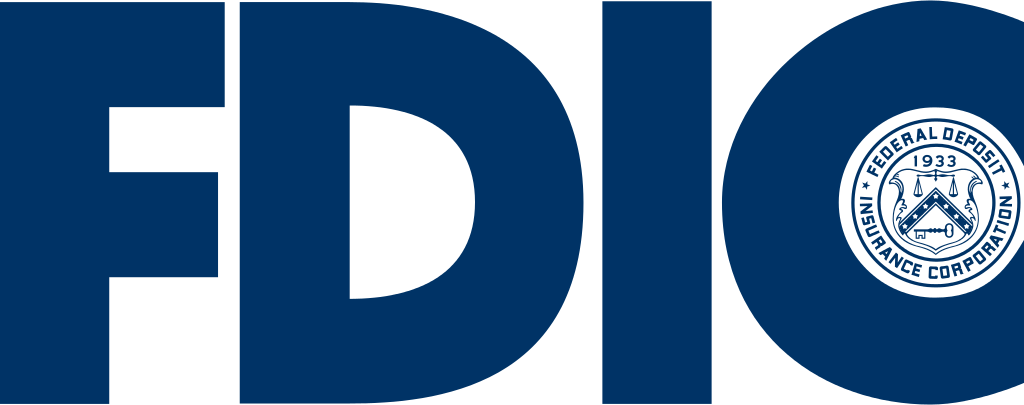A flash poll conducted by Baker Tilly Virchow Krause, LLP (Baker Tilly) indicates more than 40 percent of banking institutions that must adhere to the Federal Deposit Insurance Corporation Improvement Act (FDICIA) within the next year are behind schedule to become compliant. Financial institutions that exceed $1 billion in asset level as measured on Jan. 1 of any given year must comply with FDICIA that specific year.
“These results show the need for institutions to start FDICIA compliance preparation at least 18 months to two years prior to reaching the $1 billion threshold”, Sherrie Krowczyk-Mendoza, CPA, CFSA, CFIRS, CRP, partner in Baker Tilly’s financial services risk, internal audit and cybersecurity practice, said. “A FDICIA readiness implementation plan over this period of time will allow banks to more effectively and efficiently prepare for the additional FDICIA requirements, providing time to conduct testing of risk control matrices (RCM) and ensure they accurately reflect the key financial reporting controls.”
“During this implementation time frame, communication among key business process owners, executive management, audit committee and external audit is essential to the process,” James Jarrett, CPA, firm director in Baker Tilly’s financial services risk, internal audit and cybersecurity practice, said. “More time upfront building out the RCMs and communicating provides more accurate FDICIA testing processes to prevent surprises in the outcome.”
Baker Tilly recently held an educational webinar, FDICIA implementation: Are you close to approaching the $1 billion threshold?, to help banking institutions prepare for the processes and procedures that should be in place prior to reaching the $1 billion asset level to ensure compliance with FDICIA.
The webinar presenters discussed:
- An overview of FDICIA requirements
- Considerations prior to becoming a $1 billion financial institution
- Key requirements after reaching the $1 billion threshold
Thanks for reading CPA Practice Advisor!
Subscribe Already registered? Log In
Need more information? Read the FAQs




